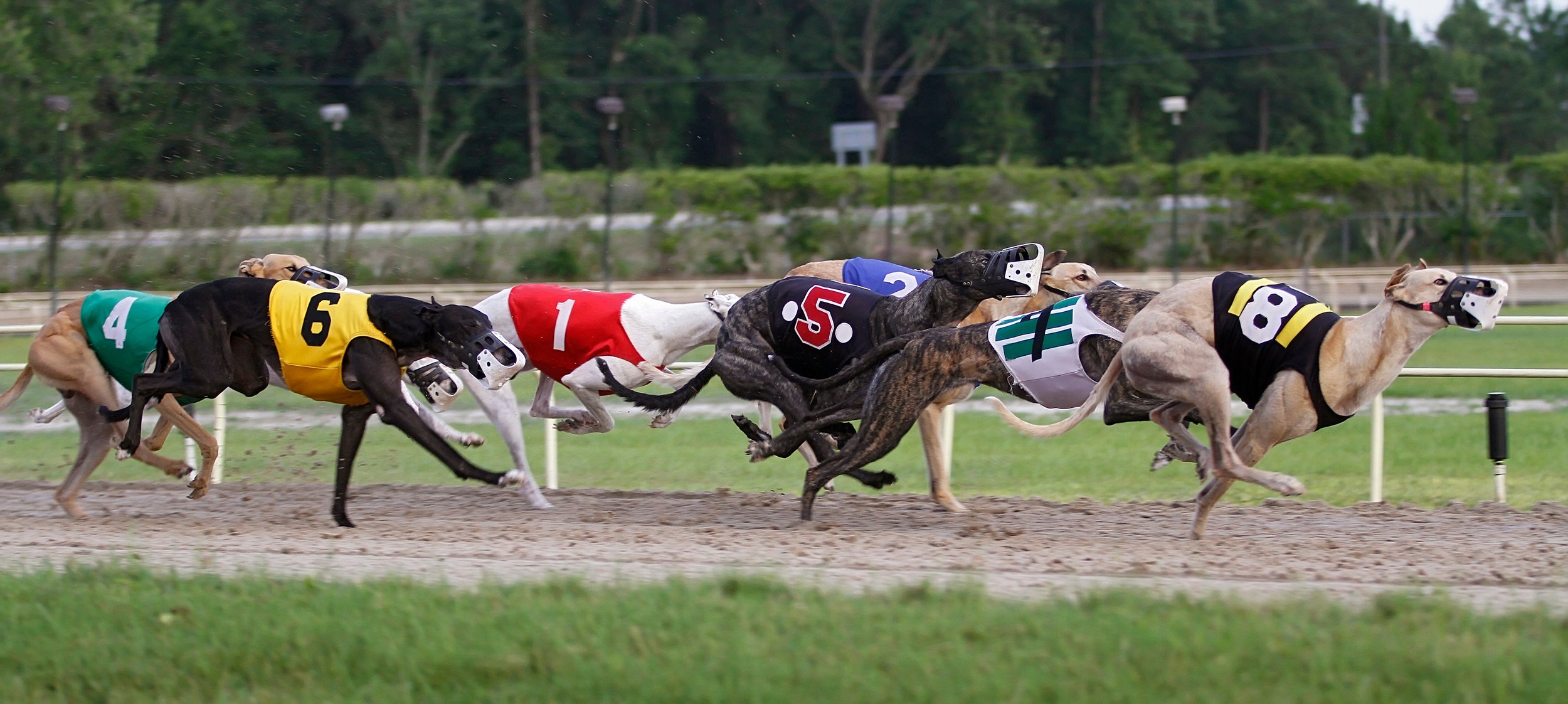Australian Greyhound Adoptions in the US Unveils Need for More Protections
In recent years, a significant trend has emerged in the realm of greyhound welfare: Australian greyhounds finding new homes in the United States. This movement, while seemingly straightforward, unveils a multifaceted narrative interwoven with concerns, challenges, and ethical considerations.
At the heart of this phenomenon lies a stark reality: the Australian racing industry is grappling with an overabundance of greyhounds. As welfare advocates shed light on the issue, it becomes apparent that the breeding practices within the industry far exceed the demand for racing dogs. This oversupply, coupled with a shortage of homes for retired greyhounds in Australia, has spurred initiatives to rehome these animals abroad.
While the United States emerges as a prominent destination for rehomed Australian greyhounds, the process is not without its complexities. Transparency becomes a pressing concern as figures reveal that over 500 dogs have been relocated to the US for adoption. Advocates, such as Andrea Pollard, president of the Coalition for the Protection of Greyhounds (CPG), emphasize the need for greater transparency in these rehoming programs.
One significant challenge is ensuring the welfare and safety of greyhounds during their journey from Australia to the US. Natalie Panzarino, president of Greyhound Rescue in Sydney, raises valid concerns regarding the length of the flight and the potential risks involved. Tragically, incidents like the death of a greyhound en route to the US underscore the importance of stringent safety measures and thorough oversight.
Moreover, questions surrounding the enforcement of travel regulations add another layer of complexity to the discussion. Greyhounds are required to have passports issued by Greyhounds Australasia for international travel. However, the Coalition for the Protection of Greyhounds points out instances where these regulations are not adequately enforced, leading to unauthorized exports and potential risks for the animals involved.
Amidst these challenges, industry bodies like Greyhound Racing NSW defend their rehoming programs, highlighting their collaboration with overseas partners. Rob Macaulay, representing Greyhound Racing NSW, stresses the positive impact of these initiatives on the lives of retired greyhounds. However, concerns persist regarding the underlying motivations and the need for comprehensive oversight to ensure the well-being of the animals.
On the receiving end, organizations like Greyhounds Unlimited in Texas play a crucial role in facilitating the adoption process and ensuring suitable matches between greyhounds and adoptive families. Susan Lemon, president of Greyhounds Unlimited, emphasizes their commitment to thorough assessments, ongoing support, and a safety net for any unforeseen challenges post-adoption.
As the debate surrounding greyhound rehoming programs continues to evolve, it prompts reflection on broader ethical considerations. While these initiatives offer a lifeline to retired greyhounds, they also raise questions about the systemic issues within the racing industry and the responsibility of stakeholders to address them.
In essence, the narrative of Australian greyhounds finding homes in the US is not merely a story of international rehoming but a nuanced exploration of welfare, transparency, and ethical stewardship in the realm of animal advocacy.

